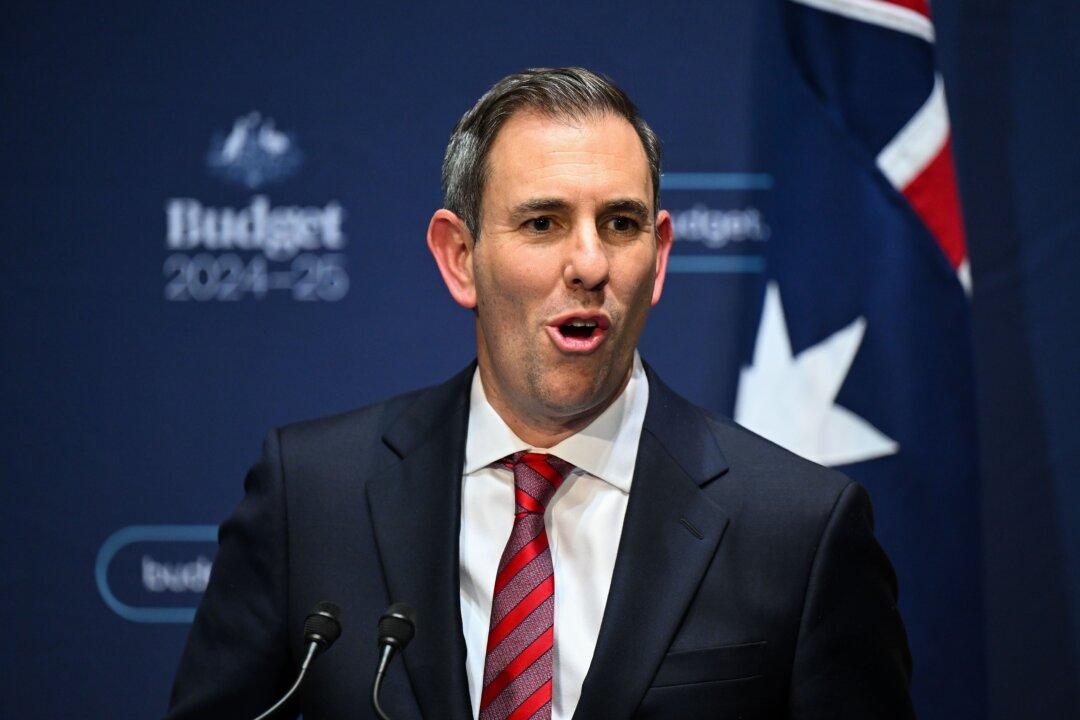Commentary
Listening to the treasurer’s budget speech, I thought that maybe this is the way modern Australia is—fat, flaccid, and foolish—and I just have to accept it.

Listening to the treasurer’s budget speech, I thought that maybe this is the way modern Australia is—fat, flaccid, and foolish—and I just have to accept it.